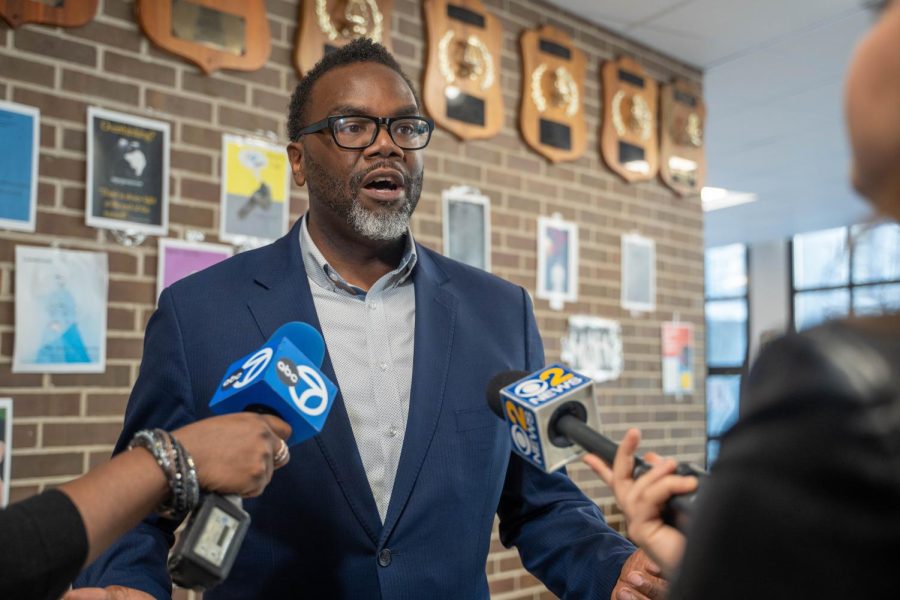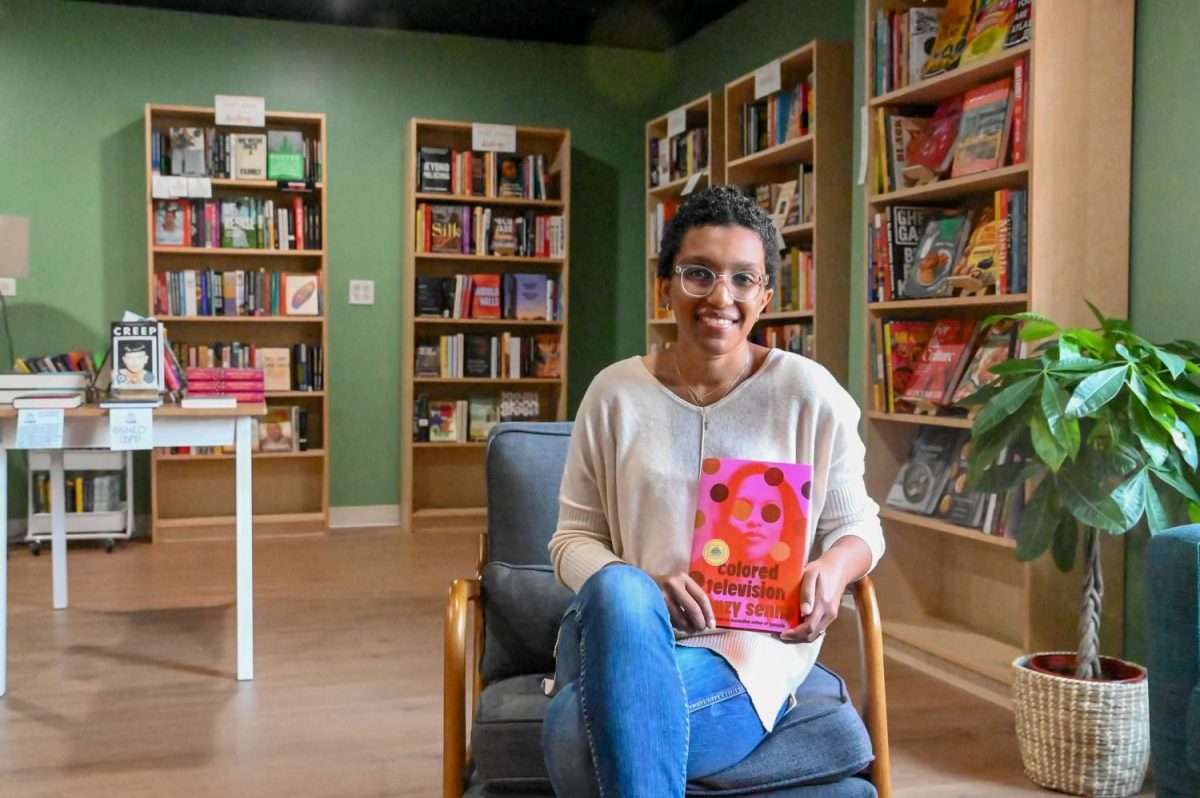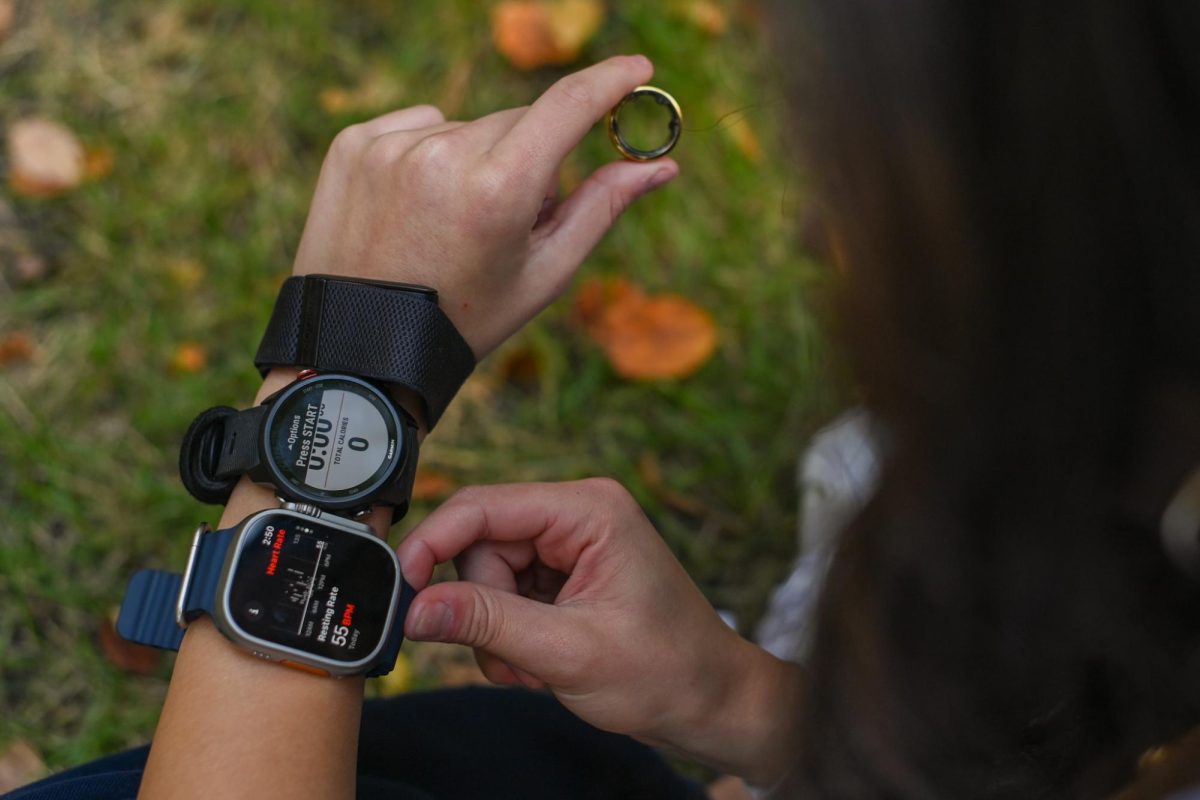Underdog progressive Brandon Johnson wins mayoral election
Brandon Johnson speaks to reporters at an event at Kenwood Academy in February, before his victory in the April 4 election.
April 7, 2023
Brandon Johnson will be the next mayor of Chicago.
On April 4 Mr. Johnson, Cook County Commissioner and a former Chicago Teachers’ Union organizer, was elected mayor after winning 51.4% of the vote in a close race, defeating moderate candidate and former Chicago Public Schools CEO Paul Vallas by three percentage points.
Mr. Johnson, a former CPS teacher who will be Chicago’s second Black male mayor, had advanced to the runoff after receiving 21.1% of the vote in the Feb. 28 general election. Contrasting Mr. Vallas’ “tough on crime” outlook, Mr. Johnson is a proponent of a more holistic and progressive view on public safety, including addressing the root causes of crime such as poverty and education and instituting police reforms. Unlike charter school advocate Mr. Vallas, Mr. Johnson calls to directly invest in each level of the public school system by supporting teachers and students and proportionately allocating finances.
Results came early in the evening on April 4 with voter turnout at 35%. Chicago Sun-Times reporter Mitchell Armentrout, who spoke to the Midway in an interview, found the speed of the tabulation surprising and a testament to Mr. Johnson’s ability to reach voters, particularly on the South Side.
“We saw Brandon Johnson do really well in primarily Black communities, and we saw he was really able to get those votes behind him,” Mr. Armentrout said. “I think it just goes to show that in a really close race like this, especially with not great voter turnout and two polarizing candidates, we can see some surprises. I think it just goes back to Brandon Johnson’s campaign just being much more successful in selling their message and earning the trust of voters.”
When examining the wards where each candidate performed well, Mr. Armentrout noted the impact of racial and political divisions throughout the city, especially with issues such as public safety and education.
“It’s a very segregated map, and that’s very apparent as soon as you look at it. In predominantly Black areas on the West Side and South Sides went almost uniformly to Brandon Johnson, while Paul Vallas did very well in majority white wards like Lincoln Park and Jefferson Park,” Mr. Armentrout said. “For Brandon to win by this margin, I think that shows that his vision of public safety is one that Chicagoans have chosen pretty resoundingly at least in a lot of parts of the city and the same goes for his views on education.”
In his election night victory speech, Mr. Johnson said, “Chicago is a union town,” reflecting the strong support from labor groups, including the Chicago Teachers Union, that helped fuel his campaign. During his time as a Cook County Commissioner, Mr. Johnson worked to institute an ordinance to protect formerly incarcerated people, support immigrants facing deportation, and erase the gang database, which has labeled 280,000 individuals, 95% of which are people of color. His plans for his mayoral term center around similar policies.
Mr. Johnson’s next steps include working with the City Council to determine how to turn his progressive ideas into actions. While the council has a progressive caucus, including 14 members who endorsed Mr. Johnson, 23 other members voiced their support for Mr. Vallas. Mr. Armentrout believes it remains to be seen how City Council members, especially ones with conservative and moderate views, will react to Mr. Johnson’s policies.
Mr. Armentrout said, “A lot of people were not expecting the race to be called soon, but, I mean, it really just shows how much Brandon Johnson was able to get his message out there and how much it resonated.”














Nila • Apr 8, 2023 at 10:43 am
Eugene Sawyer, African American, was elected acting mayor by City Council December 2, 1987 pending a special election. Sawyer served as 53rd mayor of Chicago.